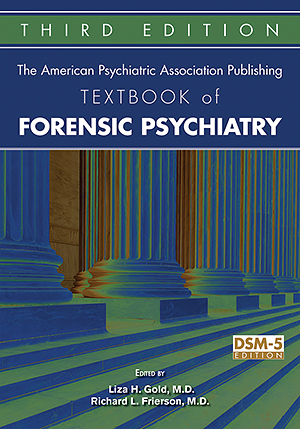Sections
Excerpt
Working with juveniles involved in juvenile or adult criminal court cases differs from working with adults in criminal cases. These differences arise from the developmental immaturity of juvenile defendants, from the juvenile courts’ explicit mandate to provide rehabilitation for youths who come before them, and from procedural differences in both juvenile and adult courts. The vast majority of juvenile criminal cases that are referred for forensic evaluation involve adolescents; cases involving children and preadolescents are typically handled with less formal procedures.
Access content
To read the fulltext, please use one of the options below to sign in or purchase access.- Personal login
- Institutional Login
- Sign in via OpenAthens
- Register for access
-
Please login/register if you wish to pair your device and check access availability.
Not a subscriber?
PsychiatryOnline subscription options offer access to the DSM-5 library, books, journals, CME, and patient resources. This all-in-one virtual library provides psychiatrists and mental health professionals with key resources for diagnosis, treatment, research, and professional development.
Need more help? PsychiatryOnline Customer Service may be reached by emailing [email protected] or by calling 800-368-5777 (in the U.S.) or 703-907-7322 (outside the U.S.).



